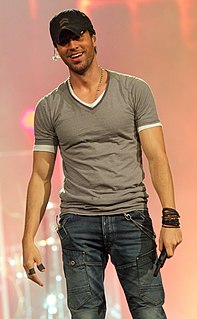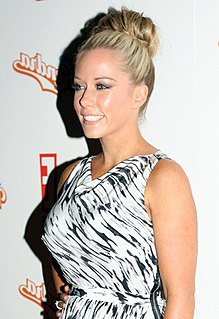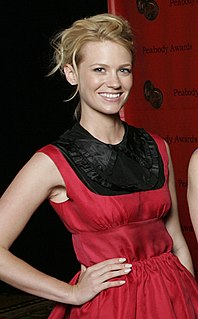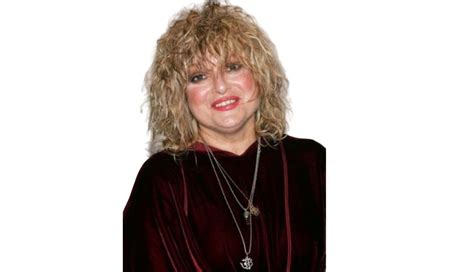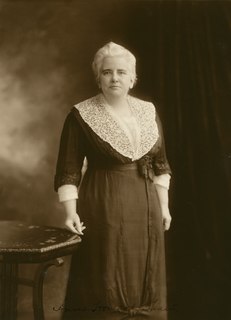A Quote by Wesley Morris
You didn't have to read 'Playboy,' visit the mansion, wear pajamas, or even be straight: The effects of its ideas about women on the American psyche were totalizing. Women were inferior to men because, for 'Playboy,' they were scenery - pretty, passive, usually white, often blonde, there.
Related Quotes
When we were kids coming up, if you stole your dad's Playboy magazine, that was about as much of an education as you were gonna get. You finish looking at the centrefold and you read 'The Playboy Adviser' that told you about what stereo to buy and something about sex which you didn't quite understand, and you were still just as confused. Now if you're ten the entire world of human sexuality, and a very misogynistic version of that, is available to you on a laptop after a couple of key strokes. I think it's changed the vernacular in the way men address women.
After living in the mansion for a year, I did miss dating, and there were times when I was out during the day or at therapy school or even at Playboy parties where I met guys. It's only natural. I needed to have my own life, or I would have gone crazy. But at the same time, I didn't want to disrespect Hugh Hefner or the Playboy name - that always came first.
Back in the days when men were hunters and chest beaters and women spent their whole lives worrying about pregnancy or dying in childbirth, they often had to be taken against their will. Men complained that women were cold, unresponsive, frigid... They wanted their women wanton. They wanted their women wild. Now women were finally learning to be wanton and wild - and what happened? The men wilted.
Whatever a 'superior' group has will be used to justify its superiority, and whatever an 'inferior' group has will be used to justify its plight. Black men were given poorly paid jobs because they were said to be 'stronger' than white men, while all women were relegated to poorly paid jobs because they were said to be 'weaker.
Ideas about mothers have swung historically with the roles of women. When women were needed to work the fields or shops, experts claimed that children didn't need them much. Mothers, who might be too soft and sentimental, could even be bad for children's character development. But when men left home during the Industrial Revolution to work elsewhere, women were "needed" at home. The cult of domesticity and motherhood became a virtue that kept women in their place.


